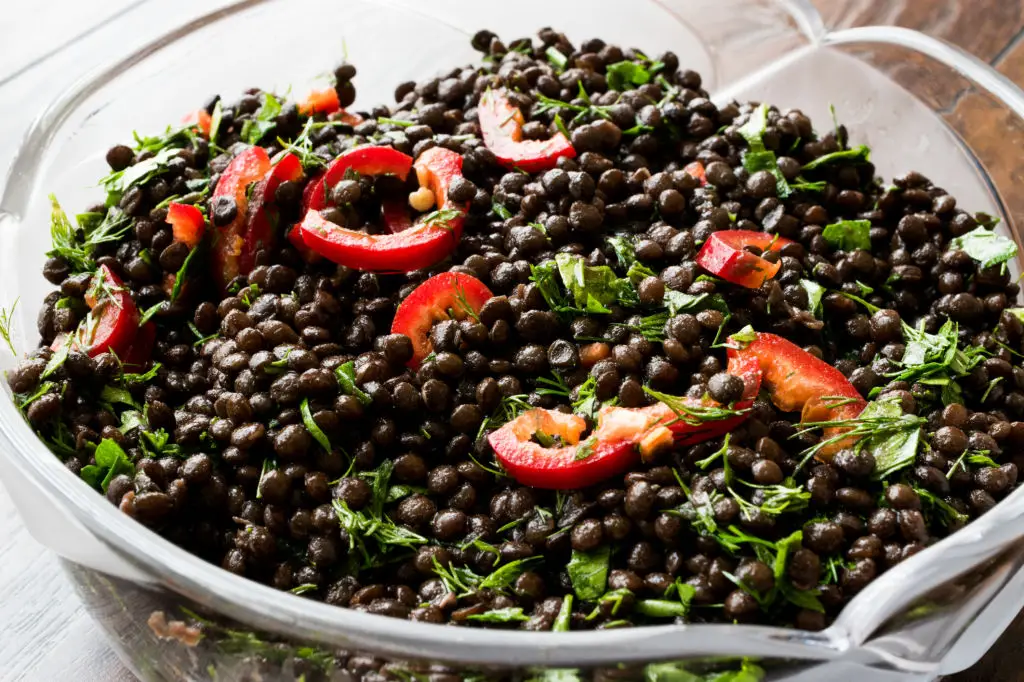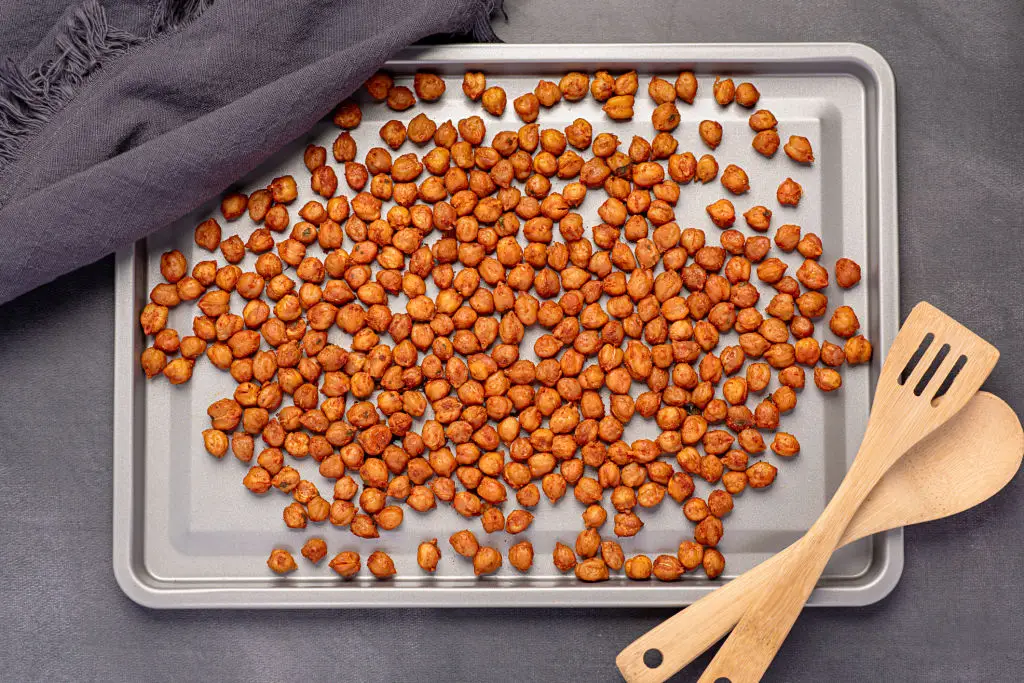Forgotten Pantry Pulses That Quiet Chronic Inflammation Better Than Berries
3. Black (Beluga) lentils

Beluga lentils are small, glossy and nearly black — a hint that they contain concentrated polyphenols. Those compounds have antioxidant activity that complements fiber’s gut benefits. Because beluga lentils hold their shape and have a pleasant, earthy flavor, they work well in composed salads, grain bowls and cold dishes where textures matter. They’re especially useful when you want a protein-rich base that won’t turn mushy. Cook gently, drain, and toss with finely chopped vegetables, toasted seeds and a drizzle of extra-virgin olive oil. Pairing with vitamin C–rich tomatoes or lemon helps iron absorption. Portioning cooked beluga lentils into single-serving containers makes it easy to add anti-inflammatory nutrition to lunches or quick dinners. Their visual appeal also makes plant-forward meals feel satisfying and celebratory rather than austere.
4. Chickpeas (Garbanzo beans)

Chickpeas are one of the most versatile pantry pulses. They provide soluble fiber and resistant starch, both of which support the microbiome that helps regulate inflammation. Chickpeas are also slightly rich in saponins and other phytochemicals that have been studied for beneficial health effects. For anti-inflammatory meals, roast chickpeas with olive oil and smoked paprika for a crunchy snack or blend them with tahini and lemon for a hummus that pairs well with raw vegetables. Canned chickpeas are an accessible option — just rinse them well to reduce sodium and any canning liquids you don’t want. If you have digestion concerns, gently steaming or pureeing chickpeas makes them easier to tolerate. Combining chickpeas with omega-3 sources like a walnut topping, or with antioxidant-rich spices like turmeric and cumin, creates a balanced plate that supports both gut health and inflammatory moderation.
